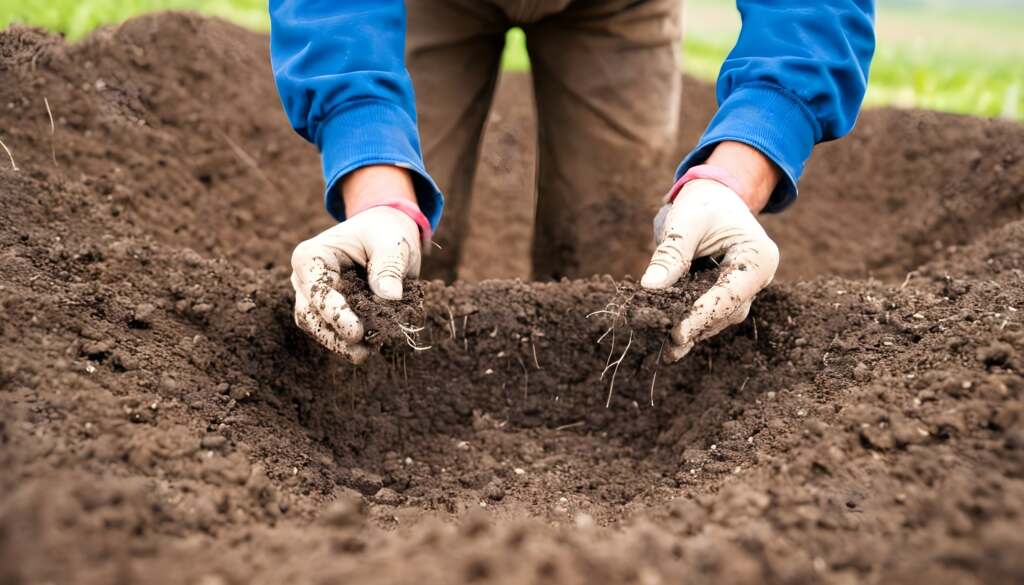
In the world of agriculture achieving success goes beyond planting seeds. Hoping for the best. It involves comprehending the dynamics of soil composition. How it directly influences crop productivity. This is where soil testing becomes a tool, for farmers guiding them toward achieving yields and implementing sustainable practices.
The Importance of Soil Testing
At the core of productivity lies the soil. The well-being and composition of the soil determine whether crops thrive or fail. Soil testing provides an analysis of factors like pH levels, nutrient content, and texture offering farmers invaluable insights into their soil condition.
By utilizing soil testing services farmers gain an understanding of their land’s characteristics. This awareness enables them to take targeted actions such as customized fertilizer applications and soil amendments to optimize conditions, for crop growth. Ultimately this precision leads to increased yields, input costs, and improved resource management.
The Role of RKCT Laboratory in Jabalpur
When it comes to soil testing, precision and dependability are extremely important. That’s where RKCT Laboratory comes in as the cornerstone of excellence, in Jabalpur. With cutting-edge facilities and a team of professionals RKCT Laboratory is known for its accuracy and efficiency.
RKCT Laboratory is renowned as the choice for Soil Testing, in Jabalpur providing a range of services tailored to meet the diverse requirements of farmers. From analysis of soil fertility to testing for contaminants and pollutants RKCT Laboratory offers valuable insights that empower farmers to make well-informed decisions.
Empowering Farmers for Success
In today’s changing field soil testing plays a crucial role that cannot be emphasized enough. It acts as a source of knowledge guiding farmers towards practices and optimal productivity. By collaborating with RKCT Laboratory farmers gain access, to technology and expertise enabling them to unlock the potential of their land.
To sum up, soil testing is not just necessary; it is an aspect of modern agriculture. Through the insights provided by soil analysis farmers can nurture soils maximize crop yields and protect the environment for future generations. With RKCT Laboratory taking the lead in Jabalpur farmers can feel confident knowing they have a partner in their journey, towards achieving excellence.
F.A.Q.
Frequently Asked
Soil testing holds significance, for farmers as it provides insights into the nutrient levels, pH balance, and other critical characteristics of the soil. This information empowers farmers to make informed decisions regarding fertilization, irrigation, and crop selection ultimately resulting in improved yields and cost-efficient farming practices.
The frequency of soil testing varies depending on factors such as the crops being grown the land usage history and local soil conditions. As a guideline, it is recommended to conduct soil testing at once every three to four years. However frequent testing may be advisable if there are changes in land management practices or if crop performance is, below expectations.
RKCT Laboratory is the premier choice for soil testing in Jabalpur due to its advanced facilities, experienced team, and commitment to accuracy and reliability. By partnering with RKCT Laboratory, farmers can expect prompt and precise soil analysis, personalized recommendations tailored to their needs, and ongoing support to maximize agricultural productivity.
Soil testing plays a vital role in promoting sustainable agriculture by helping farmers optimize nutrient management, reduce chemical inputs, and minimize environmental impacts. Farmers can adopt targeted strategies to enhance crop yields by accurately assessing soil health and fertility while conserving natural resources and preserving soil quality for future generations.

